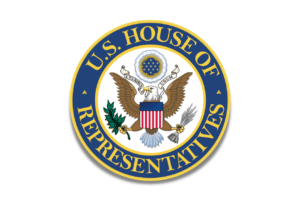HUD released a proposed rule that would prohibit mixed immigration status families from living in public and other HUD-assisted housing. Under current guidance, mixed immigration status families can live together in HUD-assisted housing so long as the assistance is prorated to exclude the number of ineligible persons. The proposed rule would require the verification of the eligible immigration status of all household members and would make prorated assistance temporary until the eligibility for housing assistance has been determined. If a person is ineligible for housing assistance, the ineligible persons must leave the HUD-assisted housing.
The proposed rule also clarifies that ineligible persons are unable to be leaseholders for HUD-assisted housing. The regulations presently excuse individuals from submitting documentation if they do not contend to having eligible immigration status. This results in no actual determination of immigration status being made. The proposed rules would require that all leaseholders and tenants must verify their immigration status through the Department of Homeland Security’s Systematic Alien Verification for Entitlements (SAVE).
The Washington Post reports that HUD’s analysis found that approximately 25,000 households, representing about 108,000 people, now living in subsidized housing have at least one ineligible member. Among these mixed-status households, 70 percent, or 76,000 people, are legally eligible for benefits — of whom 55,000 are children, HUD says. The vast majority live in California, Texas and New York. “HUD expects that fear of the family being separated would lead to prompt evacuation by most mixed households,” the agency’s analysis said. “Temporary homelessness could arise for a household, if they are unable to find alternative housing.” Comments are to the proposed rule are due by July 9.


